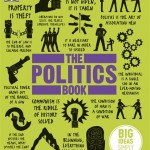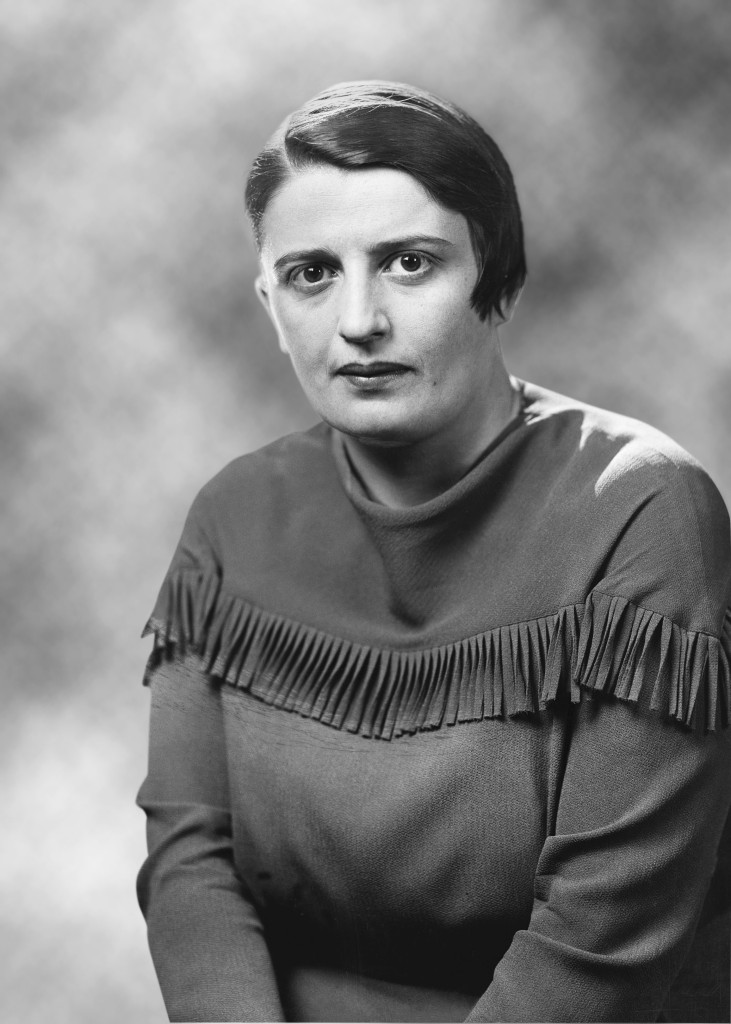January
Rail fares rise by 4.3 per cent in the UK, It is revealed that Jimmy Savile is the UK’s most prolific sex offender, making a scandal that rumbles on for the rest of the year. Tesco, Aldi, Lidl and Iceland are forced to remove ‘beef’ products that are contaminated by horse meat. Barack Obama is inaugurated for his second term as US president.
February
The skeleton of King Richard III is discovered under a Leicester car park. He promptly wins hide and seek winner of 1485, Pope Benedict XVI resigns, the first ever pontiff to do so, The House of Commons votes in favour of legislation to introduce same-sex marriage by 400 votes to 175, Oscar Pistorius is charged with murdering his girlfriend Reeva Steenkamp at his home in Pretoria. He says he shot her because he thought she was a burglar. Daniel Day-Lewis and Jennifer Lawrence win Best Actor and Best Actress awards at the Oscars. Argo wins best film.
March
After having cancer for over a year, Hugo Chavez, president of Venezuela, dies at the age of 58, After a nuclear test, UN Security Council passes strict new sanctions against North Korea, 76-year-old Cardinal Jorge Mario Bergoglio becomes the 266th pontiff, Amanda Knox is acquitted of the murder of Meridith Kercher on appeal by Italy’s supreme court.
April
Margaret Thatcher dies aged 87 after a stroke. She was prime minister from 1979 to 1990 and is still the UK’s only female prime minister, Nicolas Maduro becomes Venezuelan president. He is a former bus driver and remains down-to-earth, the 117 Boston marathon is bombed, killing five people and injuring a further 264. An eight-storey building collapses in Bangladesh. It kills 1,129 people and injures another 2,515. Primark and Walmart, are just two of the big brands it produced clothes for.
May
James McCormick is sent to prison for selling fake bomb detectors. The UN and Iraqi security forces were just two of his buyers, Amanda Berry escapes the clutches of Ariel Castro who had held her captive in his home in Cleveland, Ohio, since 2003 along with two other women and a child, Sir Alex Ferguson retires, Angelina Jolie reveals that she had a double mastectomy, A 295mph tornado strikes Moore, Oklahoma, killing 23 people, Lee Rigby, who was a Drummer of the Royal Regiment of Fusiliers, is murdered near the Royal Artillery Barracks in Woolwich, Southeast London, creating shockwaves around the world at the brutality of his murder. His killers are later shot by the police but survive to be charged.
June
Details of the NSA surveillance programme are leaked and published. They show that Apple, Google, and Microsoft all allow the NSA direct access to their servers. The papers are published by The Guardian and The Washington Post. Edward Snowden later reveals himself as the source and takes refuge in Hong Kong, Charles Saatchi is photographed with his hands around wife Nigella Lawson’s throat, they separate and their divorce turns ugly, Australia’s first female prime minister, Julia Gillard, is forced to step down, Protests across Egypt call for the resignation of President Mohamed Morsi.
July
Mark Carney becomes the new Governor of the Bank of England, President Mohamed Morsi is deposed in a military coup, Andy Murray becomes the first British man to win Wimbledon since 1936, George Zimmerman is acquitted over the killing of 17-year-old Trayvon Martin in Sanford, Florida, Same-sex marriage becomes legal in England and Wales, the Duke and Duchess of Cambridge welcome their first child, Prince George of Cambridge.
August
Amazon chief executive Jeff Bezos buys The Washington Post for $250m, Edward Snowden is temporarily granted asylum in Russia, Physiologist Mark Post creates the first bovine stem cells lab-grown burger, Supporters of disposed President Morsi are massacred by the security services In what the Human Rights Watch describe as “the most serious incident of mass unlawful killings in modern Egyptian history”, Chelsea (formerly Bradley) Manning is sentenced for giving confidential government information to WikiLeaks, he gets 35 years imprisonment, The badger cull begins in Somerset and Gloucestershire, Over 1,429 people are killed in chemical attacks in Damascus. Secretary of State John Kerry calls it a “moral obscenity”
September
The US Senate Foreign Relations Committee backs military action against Syria, Greenpeace activists are arrested by Russian authorities in the Barents Sea. They become known as The Arctic 30 and a campaign for their release begins, Sixty-two people are killed and another 170 are wounded when Al-Shabaab militants attack the Westgate shopping centre in Nairobi, Ed Miliband goes to war against the Daily Mail after it describes his late father as “the man who hated Britain”.
October
A boat carrying migrants from Libya sinks off the Italian island of Lampedusa killing 359 people, The Organisation for the Prohibition of Chemical Weapons win the The Nobel Peace Prize, Nobel Prize in Physics is awarded to Peter Higgs and Francois Englert for their discovery of the Higgs boson, otherwise known as the God Particle, There is a breakthrough in the cure for Alzheimer’s disease after the discovery of a drug-like compound which halts brain cell death in mice, The Royal Mail floats and shares are oversubscribed.
November
Storms cause damage all over the UK, Typhoon Haiyan hits the Philippines, killing over 6000 people, Former chairman of the Co-operative Bank, Paul Flowers, is caught in a sting buying crystal meth and crack cocaine by a newspaper, First members of the Arctic 30 are released, Lostprophets lead singer Ian Watkins pleads guilty to child sex charges. Ten people are killed after a helicopter crashes into the Clutha bar in Glasgow.
December
Nelson Mandela dies aged 95, Jang Song-Thaek, uncle of Kim Jong-un is executed, The UN makes a £4bn aid appeal for Syria its biggest ever appeal, Great Train Robber Ronnie Biggs dies aged 84, The ceiling of the London’s Apollo Theatre collapses, injuring 92 people. The acting world mourns as Peter O’Toole and Joan Fontaine die. The Pussy Riots are released.





